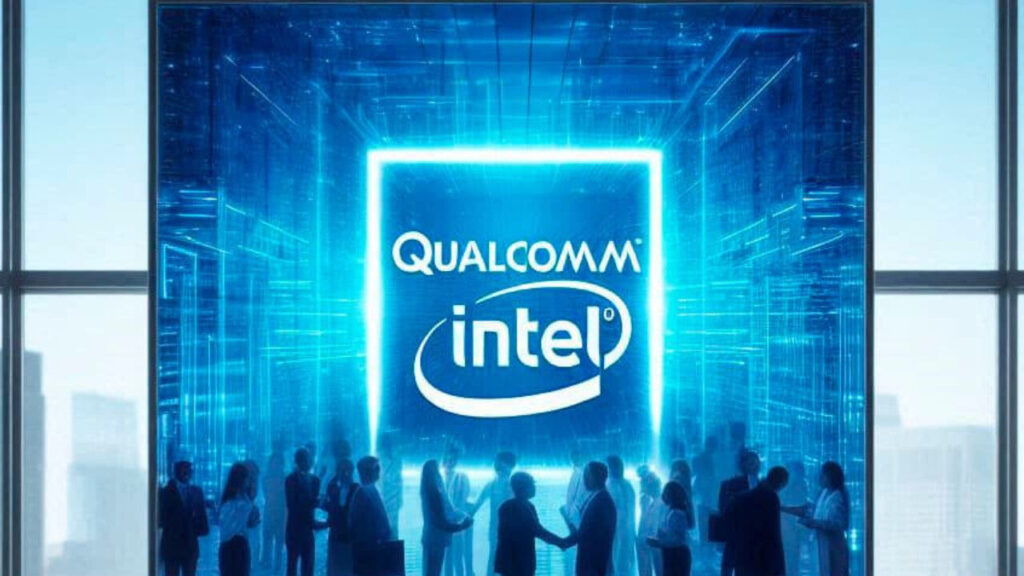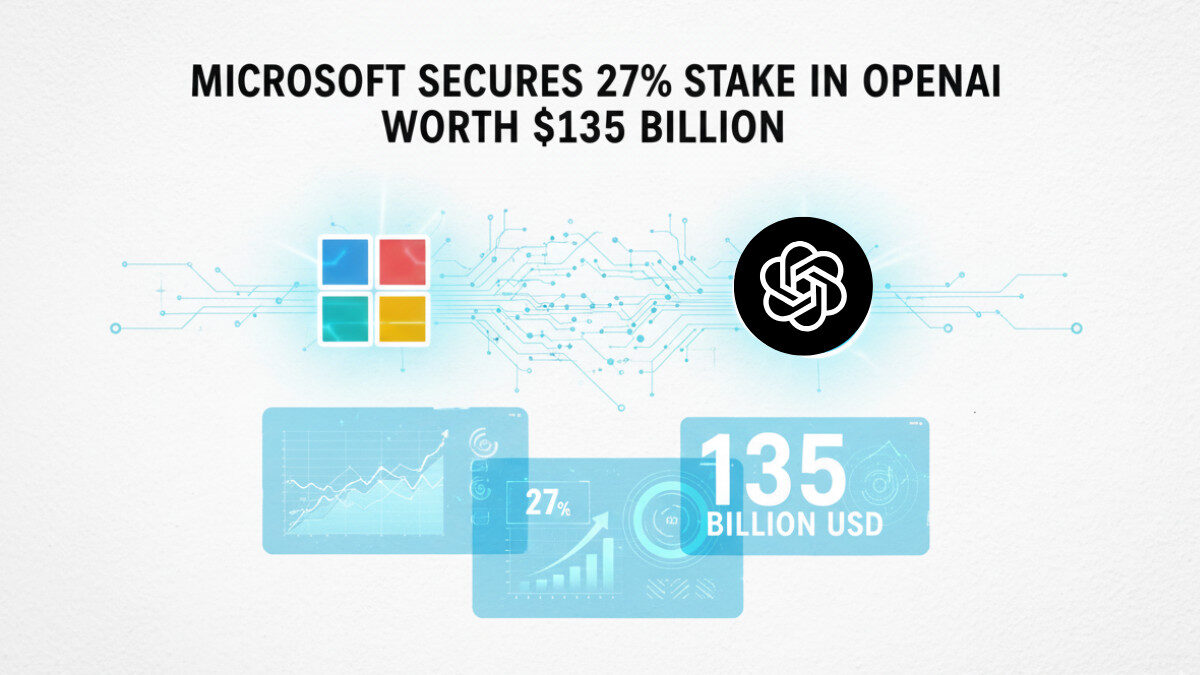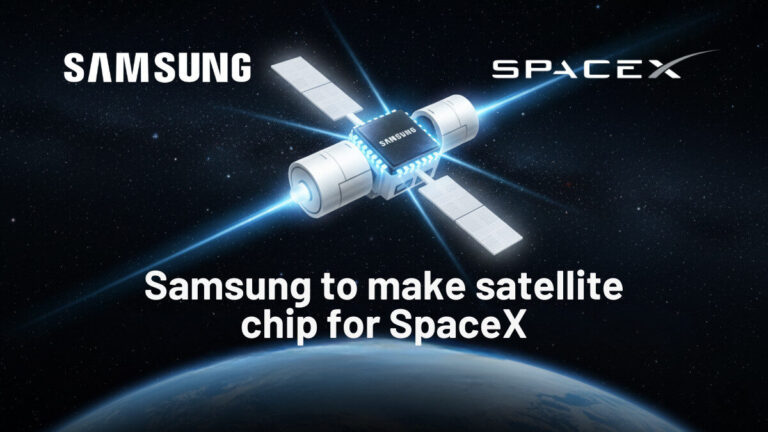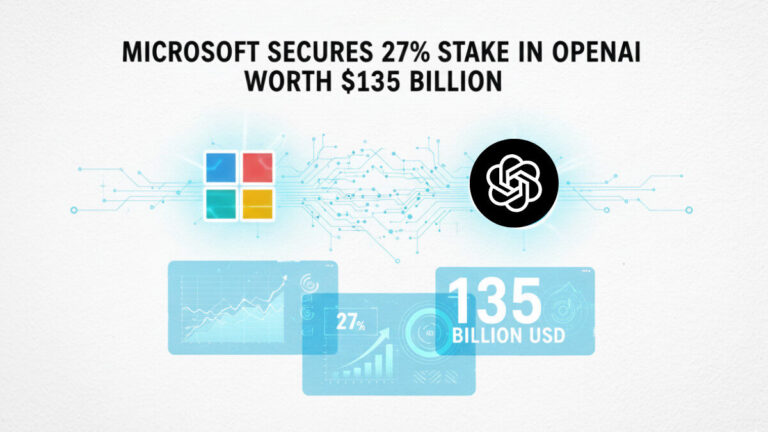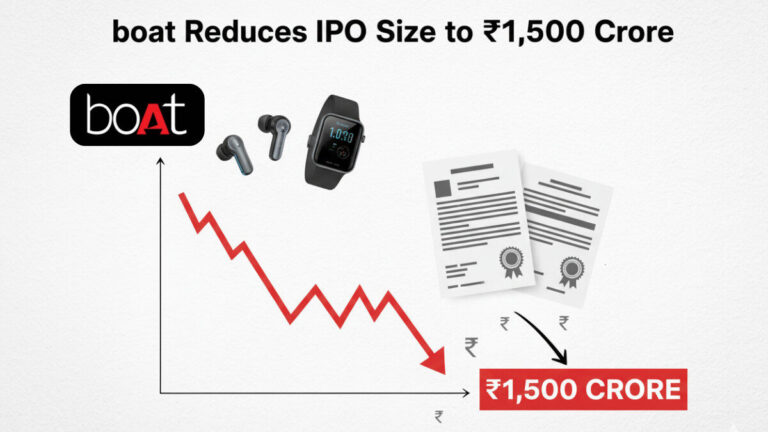In a surprising move, Qualcomm has rejected Intel’s proposal to manufacture its next-generation chips in 2025. Intel, which has been working to expand its contract chip-making business, was hoping to secure Qualcomm as a key customer for its foundry services.
According to industry reports, Qualcomm decided against Intel’s offer because of concerns related to manufacturing reliability, cost, and production timelines. Instead, the U.S.-based chipmaker is expected to continue its partnerships with Taiwan Semiconductor Manufacturing Company (TSMC) and Samsung Foundry, which already produce many of its advanced processors.
Intel has been trying to position itself as a major competitor to TSMC and Samsung by offering chip manufacturing to other tech companies. Qualcomm, however, remains cautious, as delays in Intel’s past chip launches raised doubts about whether it could deliver cutting-edge processors at scale.
Industry analysts believe this rejection is a setback for Intel’s foundry ambitions but not the end of its efforts. Intel is still working with other companies and has announced billions in investments to build advanced semiconductor fabs in the U.S. and Europe.
For Qualcomm, this decision highlights its strategy to prioritize stable supply chains and proven partners as the demand for 5G smartphones, AI chips, and connected devices continues to grow in 2025.
Summary Table
| Aspect | Details |
|---|---|
| Event | Qualcomm rejects Intel’s chip manufacturing proposal in 2025 |
| Reason | Concerns over reliability, costs, and delivery timelines |
| Qualcomm’s Partners | TSMC and Samsung Foundry |
| Impact on Intel | Major setback for Intel’s foundry ambitions |
| Industry Context | Rising demand for 5G, AI, and connected devices in 2025 |
| Future Outlook | Intel continues investing in fabs; Qualcomm sticks with proven supply chains |

